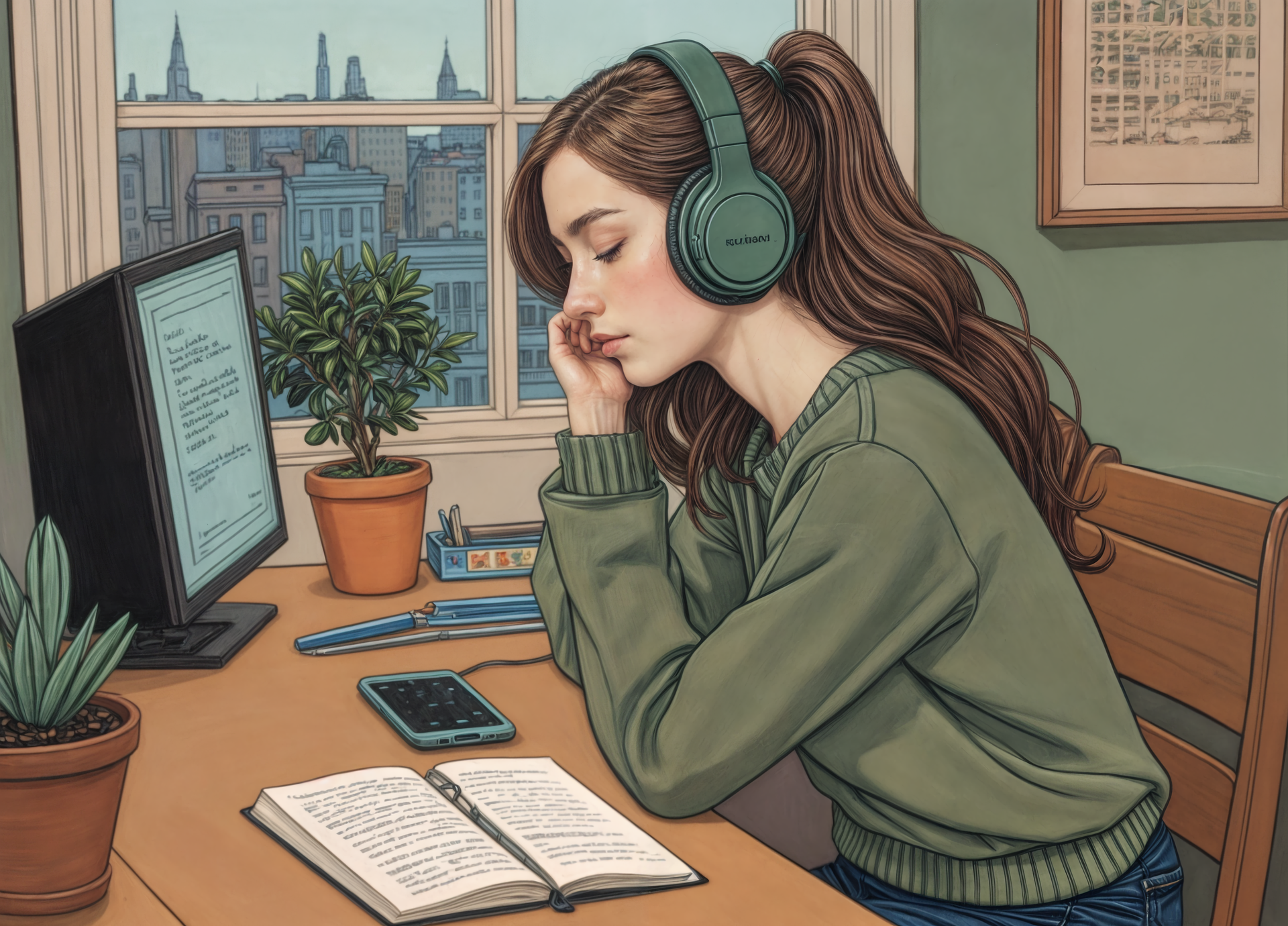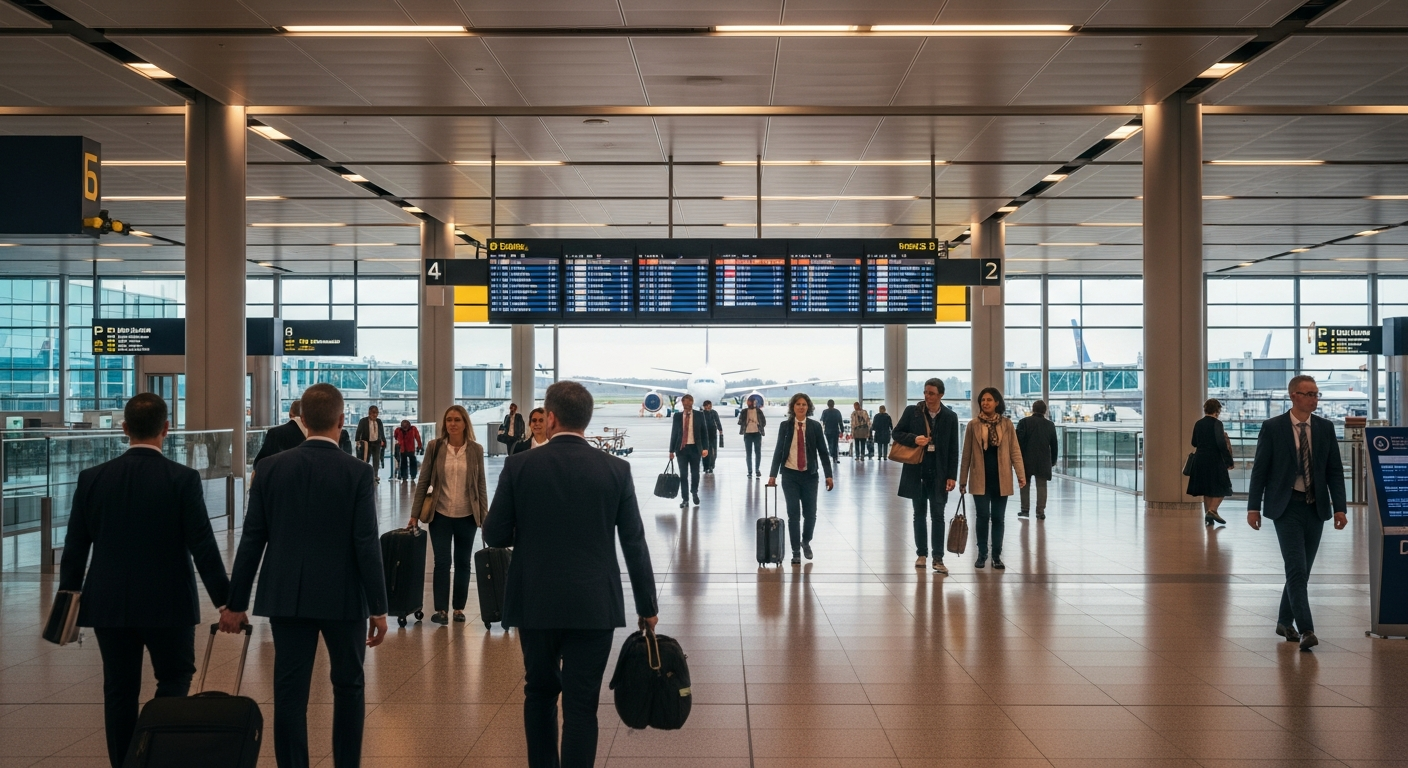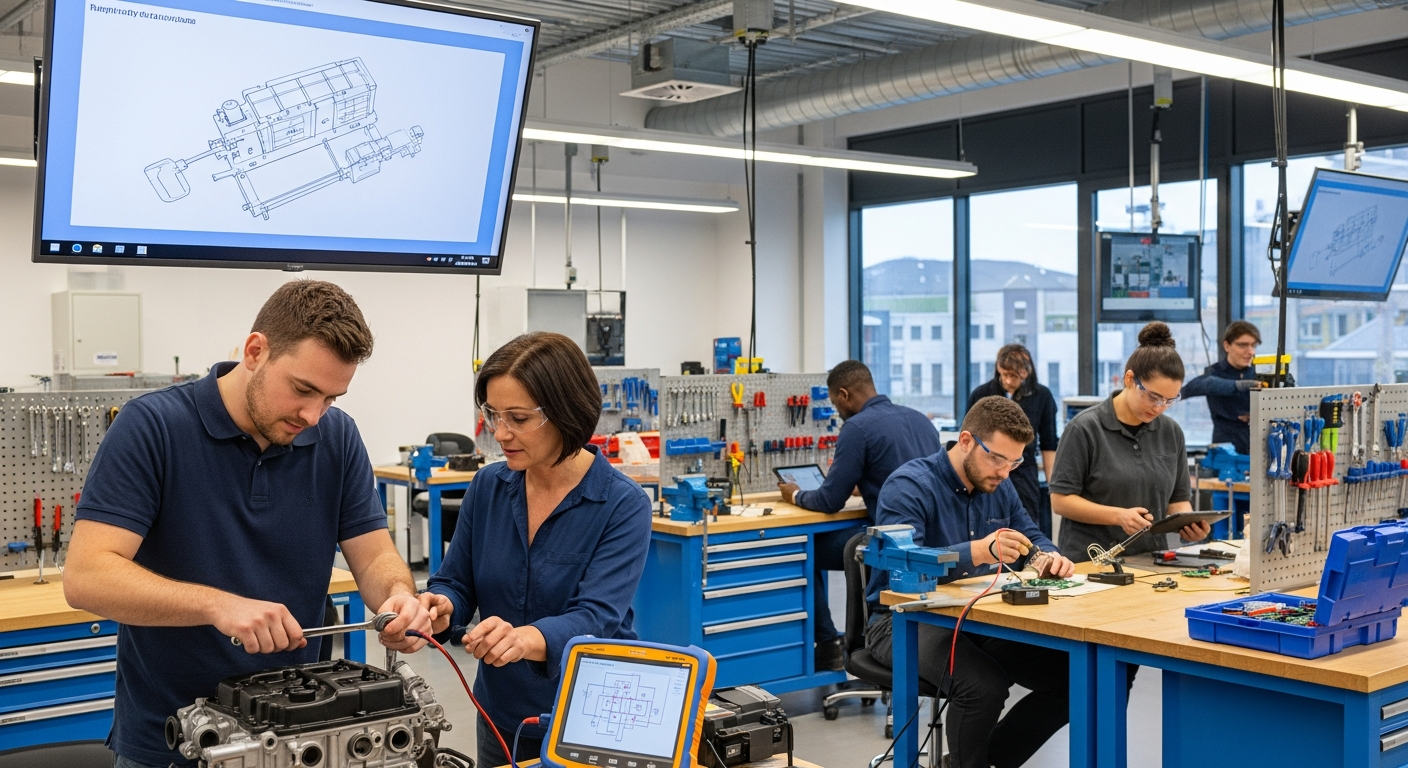The Silent Shift: Solitude's Resurgence in Modern Society
In an era defined by constant connectivity, a counterintuitive trend is quietly taking root. The art of solitude, once viewed as a relic of bygone times, is experiencing a profound renaissance. This resurgence isn't merely a fleeting fad, but a deep-seated societal response to our increasingly interconnected world. As we delve into this intriguing phenomenon, we'll explore its far-reaching implications for personal growth, mental health, and the very fabric of our social structures. Read below to uncover the surprising ways in which embracing solitude is reshaping our collective future.

However, this hyperconnectivity has also given rise to a paradoxical sense of isolation. Many individuals report feeling overwhelmed by the constant barrage of notifications, updates, and digital interactions. The pressure to be always available and responsive has led to what psychologists term digital fatigue - a state of mental exhaustion resulting from excessive online engagement. This phenomenon has sparked a growing desire for moments of genuine solitude, free from the incessant buzz of digital devices.
The Psychological Benefits of Solitude
As the pendulum swings back towards embracing periods of solitude, researchers are uncovering a wealth of psychological benefits associated with this practice. Studies have shown that intentional solitude can significantly reduce stress levels, improve cognitive function, and enhance overall mental well-being. During moments of solitude, the brain enters a default mode network, a state associated with increased creativity, self-reflection, and problem-solving abilities.
Moreover, solitude has been linked to improved emotional regulation and increased empathy. By spending time alone, individuals have the opportunity to process their thoughts and emotions without external influences, leading to greater self-awareness and emotional intelligence. This improved understanding of oneself naturally extends to better comprehension of others’ perspectives, fostering more meaningful and empathetic social interactions when we do engage with others.
The Rise of Solitude-Centric Spaces
In response to the growing demand for moments of solitude, a new wave of architectural and urban design is emerging. Cities are witnessing the creation of dedicated quiet spaces, from urban meditation pods to silent cafes. These solitude-centric environments provide individuals with sanctuaries from the constant stimulation of modern life, allowing for moments of reflection and recharge amidst bustling urban landscapes.
Workplaces, too, are adapting to this trend. Progressive companies are incorporating quiet zones and solo work pods into their office designs, recognizing the importance of providing employees with spaces for focused work and mental rejuvenation. This shift in workplace architecture reflects a broader societal acknowledgment of solitude’s value in enhancing productivity and fostering innovation.
Digital Minimalism and Intentional Disconnection
The resurgence of solitude has given birth to the philosophy of digital minimalism - a conscious approach to technology use that emphasizes quality over quantity in digital interactions. Proponents of this movement advocate for intentional periods of disconnection from digital devices, allowing individuals to reclaim their time and attention for more meaningful pursuits.
This trend is manifesting in various ways, from digital detox retreats that have gained popularity worldwide to the rise of minimalist smartphones designed to reduce digital distractions. Apps that track and limit screen time are also seeing increased adoption, as people seek to regain control over their digital habits and create space for solitude in their daily lives.
Redefining Social Norms and Expectations
As solitude gains recognition as a vital component of well-being, we’re witnessing a gradual shift in social norms and expectations. The stigma once associated with being alone in public spaces is dissipating, replaced by a growing acceptance of solo activities. From dining alone to solo travel, activities once viewed as solely social experiences are being embraced as opportunities for self-discovery and personal growth.
This shift is also influencing how we view relationships and social interactions. There’s a growing understanding that healthy relationships require a balance between togetherness and individual space. Couples and friend groups are increasingly recognizing the importance of respecting each other’s need for solitude, leading to more balanced and fulfilling social dynamics.
The Future of Solitude in a Connected World
As we look towards the future, the resurgence of solitude promises to play a pivotal role in shaping our society. By embracing moments of intentional alone time, we have the opportunity to cultivate deeper self-understanding, enhanced creativity, and improved mental health. This shift towards valuing solitude doesn’t negate the importance of human connection; rather, it complements our social nature by allowing us to bring our best, most centered selves to our interactions with others.
The challenge moving forward will be to strike a harmonious balance between our need for connection and our need for solitude. As technology continues to evolve, we must remain mindful of creating spaces - both physical and digital - that allow for moments of quiet reflection. By doing so, we can harness the power of solitude to foster a more introspective, empathetic, and balanced society, better equipped to navigate the complexities of our increasingly interconnected world.






